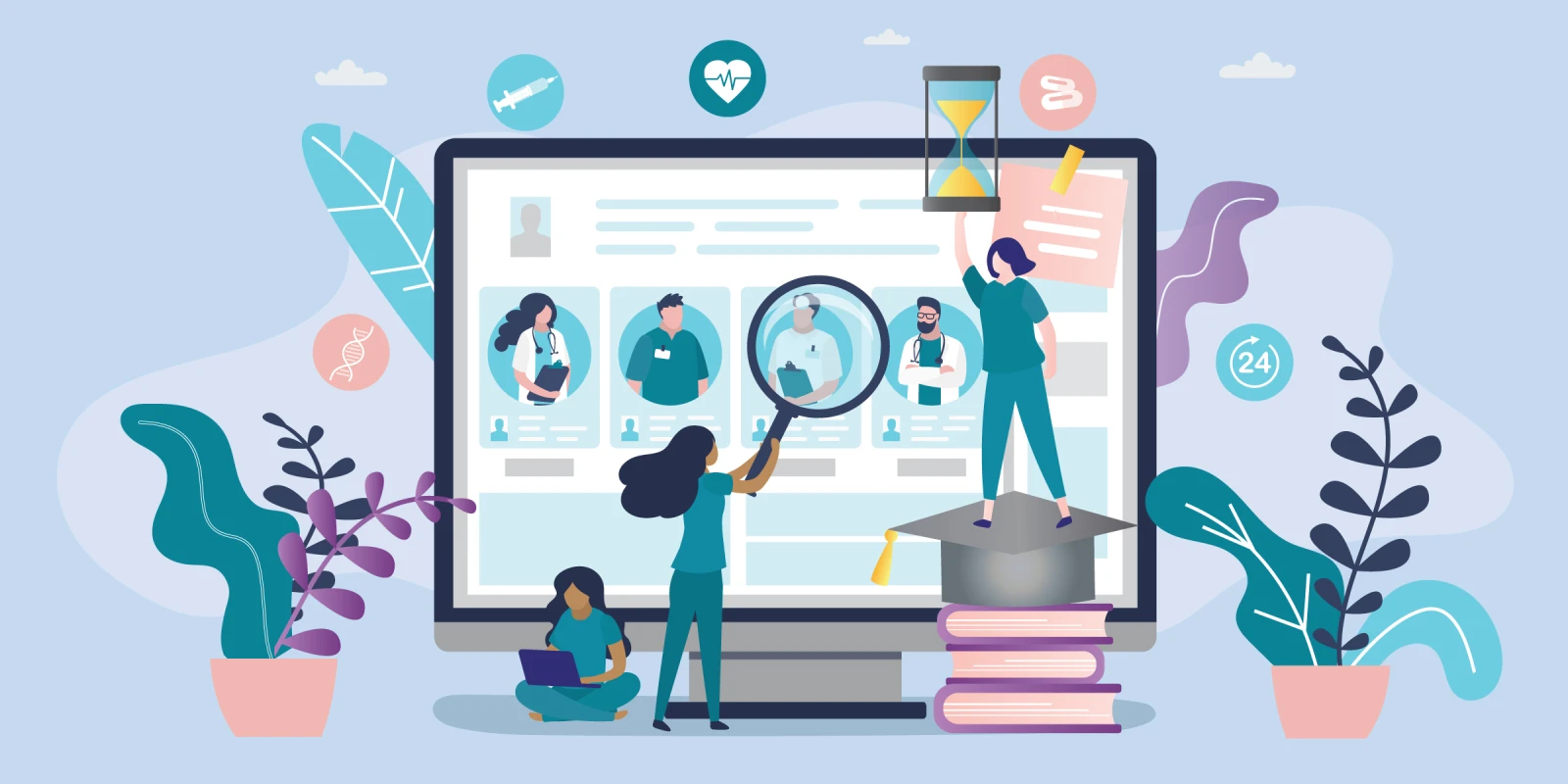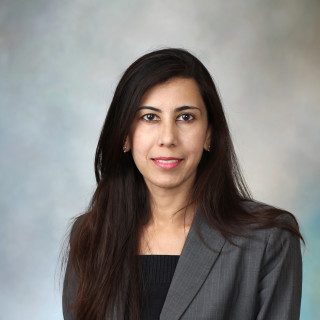The Annual ACG conference was held in October 2020 in the midst of a raging COVID-19 pandemic that shows no signs of abating. While gastroenterologists signed up for the conference to keep abreast of the latest in GI research and CME, it was with muted expectations of a virtual experience, in contrast to the invigorating interactions and experiences of in-person attendance in previous years.
To say that ACG 2020 surprised us all with its delivery would be an understatement. Despite the seemingly impossible hurdles of travel restrictions and physical distancing, the ACG team seamlessly organized a GI conference for a record number of attendees around the globe. The conference successfully integrated GI education with technology, and presented it in a most effective forum, in an environment of connectivity and convenience.
In addition to creating a welcoming atmosphere and a virtual community, the resounding success of the conference can be attributed to the intuitive virtual platform for research and didactic presentations, the option of on demand ACG to view simultaneous lectures that would be missed in a “live environment” due to conflicts in schedules, the connect tool to schedule meetings with peers and professionals, and the remote support staff who were always available to troubleshoot. All of these features vouched for the tremendous effort and behind-the-scene work involved in organizing the conference.
The widespread acceptance of a virtual forum has clearly changed the face of future GI conferences, and has ruled out any notion of returning to the old paradigm. In the post-COVID-19 era, GI conferences will most likely adopt a hybrid platform to offer both in-person and virtual attendance to a wider audience without the constraints of time and geographical boundaries.
In these challenging times that have further brought to light racial inequalities and the vast chasms in health care, ACG 2020 conveyed a timely and overarching message of “diversity, equity and inclusion.” The relevance of diversity was highlighted and celebrated throughout the conference. The “ACG Town Hall: Leading the way in Advancing Health Equity” held a crucial discussion about the challenges of health disparities, including colorectal cancer screening, and potential strategies to engage the GI community to advance health equity. Diversity was the theme of the happy hour co-hosted by the ACG Women in GI and the DEI Committees. And furthermore, the DEI Committee extended an invitation to the entire GI community to participate in the ACG Diversity 5K run. Gastroenterologists across the country rose to this challenge in a spirit of solidarity and support to raise funds for the ACG Summer Scholars mentorship program. And #Diversity5K continues to trend on social media. As ACG President, Dr. Mark Pochapin, astutely noted in his lecture on authentic leadership, “Diversity adds to the creativity and effectiveness of the team.”
ACG 2020 also served as a platform that highlighted the tremendous contributions of women in gastroenterology, and opportunities for GI fellows and junior faculty. Women GI leaders in endoscopy, research, and education hosted an informative session on "Career Opportunities for Women in GI" where they shared valuable insights, their personal experience, and advice on career advancement for women, including relevance of setting academic goals and showing productivity, negotiating and crucial conversations, and maintaining boundaries for work-life balance. Most significantly, the number of women gastroenterologist recipients of the Healio 2020 disruptor and influencer awards was a testament to the achievements and leadership roles of women gastroenterologists shaping the future of GI.
And finally, to highlight a few of the many outstanding pearls and presentations of ACG 2020, which upheld its reputation of delivering the best education. Consistent with the spirit of collaboration, the David Sun lecture was presented by Dr. Neena Abraham MD, MSc (Epid), FACG, who shared the research and her passion in creating a unique multidisciplinary field of cardio-gastroenterology to improve clinical outcomes of cardiac patients with gastrointestinal bleeding. In the David Graham lecture, Dr. Ira Jacobson, MD, FACG presented the intriguing topic on extrapolating lessons from Hepatitis C to address management of the SARS-COV2 crisis. The heartfelt conversation with Katie Couric, who presented the 2020 Emily Couric Memorial lecture, shed light on early onset colorectal cancer, and critical importance of timely screening and prevention of this malignancy, which remains the second leading cause of cancer-related deaths. Dr. Amy Oxentenko, MD, FACG, ACG Board of Trustees, shared her experience and advice during ACG Chief Rounds, speaking about building resilience and leadership lessons during times of uncertainty, including the current pandemic. And last, but certainly not the least, in his third J Edward Burk lecture, Dr. Lawrence Brandt, MD, MACG, former President of ACG, left us with a timeless reminder for every generation of physicians "to value the privilege of being entrusted by our patients to take care of them, when they are at their most vulnerable."







